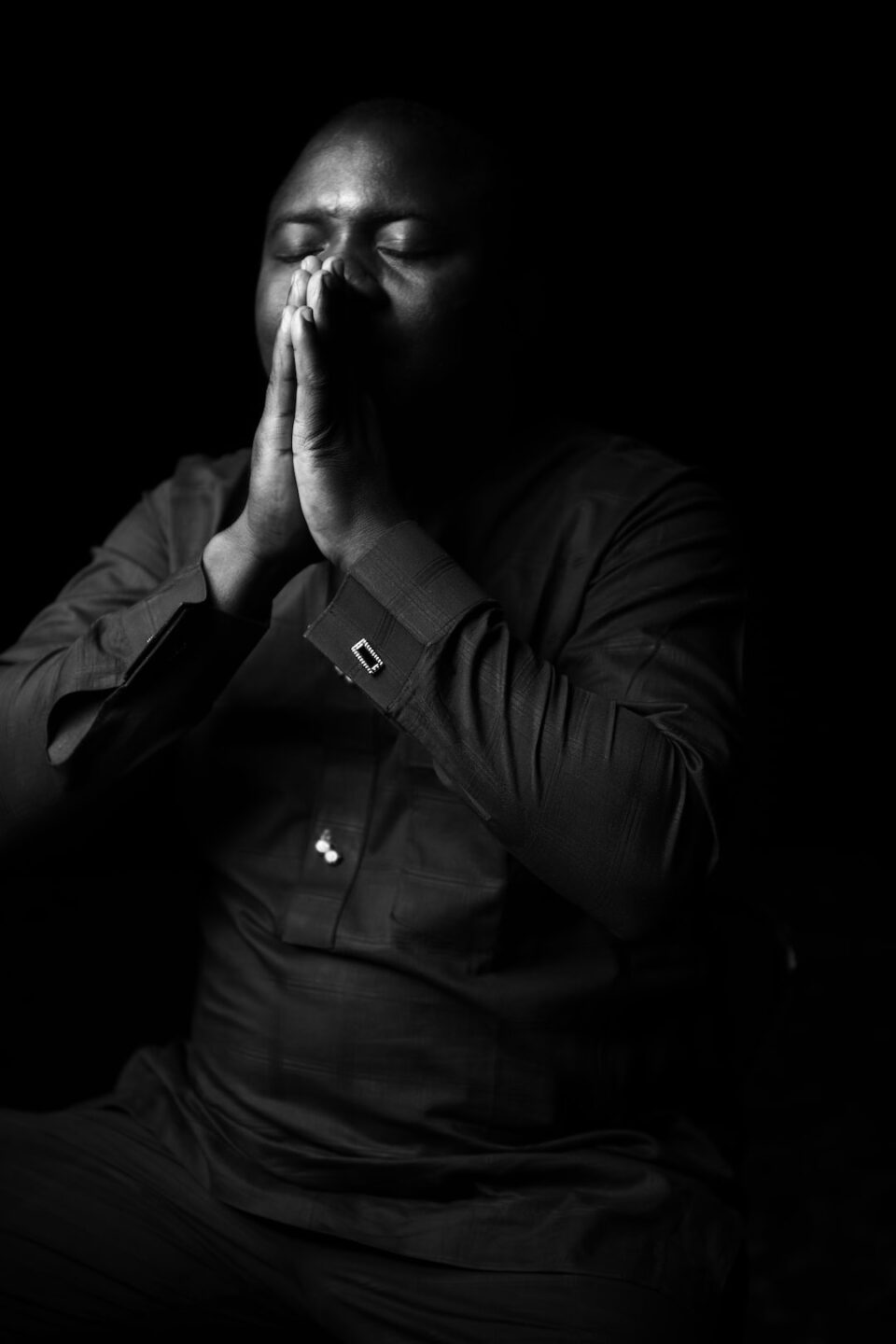Religion and Freedom of Speech: Navigating the Line Between Criticism and Respect
In a world with religious pluralism and diverse perspectives, the question of how freedom of speech intersects with religion often emerges. While freedom of speech is a fundamental right, it is not without limitations, particularly when it comes to discussions surrounding religious beliefs. Balancing the need for critical dialogue with respect for deeply held religious convictions can be a delicate task, requiring sensitivity and an understanding of cultural and historical contexts.
Freedom of speech is a cherished value in democratic societies, enabling individuals to express their thoughts, ideas, and beliefs openly. It is a cornerstone of democracy, fostering the exchange of diverse opinions and promoting progress. However, this right is not absolute and may be restricted to ensure the protection of other fundamental rights, such as individual dignity, social harmony, and preventing hate speech or incitement to violence.
Religion, by its very nature, deals with matters of faith, spirituality, and deeply held convictions. Followers of various religions often hold beliefs that have been passed down through generations, and for many, these beliefs are central to their identity. Criticism of religious beliefs may be seen as an attack on personal and communal values, challenging the very core of one’s existence. As such, it is crucial to approach discussions surrounding religion with tact, respect, and an understanding of the significance it holds for believers.
Criticism and skepticism are vital elements of intellectual dialogue and progress. Challenging ideas and beliefs, including religious ones, fosters critical thinking, drives innovation, and pushes societal boundaries. However, when it comes to religious beliefs, the manner in which criticism is expressed becomes crucial. While it is essential to question and analyze religious ideas, it should be done respectfully, without belittling or insulting adherents. Engaging in constructive dialogue and presenting thoughtful arguments can lead to a deeper understanding of different perspectives and encourage growth for both individuals and communities.
The emergence of social media and online platforms has greatly amplified the potential for offensive and inflammatory discussions. The anonymity provided by the internet often allows individuals to express themselves without facing consequences or considering the impact of their words. This has led to an increase in hate speech, bigotry, and the spread of misinformation, often targeting religious groups. In such an environment, it is vital for individuals to exercise self-regulation and promote responsible behavior, ensuring that freedom of speech does not turn into a tool for hate or discrimination.
Respecting religious freedom includes recognizing the different cultural and historical contexts in which beliefs have developed. Each religion has its own rich heritage, rituals, and symbolism that have shaped the lives of its followers for centuries. Understanding these intricate aspects can help foster empathy and appreciation for the beliefs of others. It is essential to avoid making sweeping generalizations or judgments about entire religions based on the actions or interpretations of a few individuals. Respectful discussions should involve recognizing the diversity within religious communities and acknowledging that individuals may interpret and practice their faith in various ways.
The line between criticism and disrespect can be subjective and context-dependent. What one individual deems as respectful critique may be viewed as offensive by another. Therefore, it is crucial to approach religious discussions with sensitivity and empathy, actively listening to differing viewpoints and considering the potential impact of our words. Recognizing the emotional weight attached to religious beliefs can help us navigate the line between critique and respect, ensuring that our freedom of speech does not trample on the rights and dignity of others.
In conclusion, religion and freedom of speech can coexist harmoniously when approached with understanding, empathy, and respect. While criticism and analytical dialogue are essential for societal progress, it is vital to consider the significance of religious beliefs and the potential impact our words may have on individuals and communities. Balancing these elements allows for constructive and enriching conversations, promoting tolerance and fostering a more inclusive society where diverse viewpoints can flourish.

